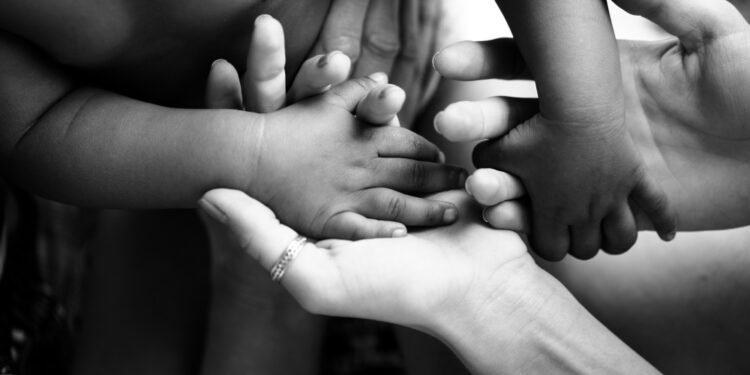Brussels, (Brussels Morning)- The Korean Adoptees Day will take place for the first time in the Korean Cultural Centre of Brussels. Kim Moens is herself adopted from Korea and is organising the event. She grew up in Humbeek, for several years she has lived in the centre of Brussels, says BRUZZ. “Especially the generation in their forties, fifties and sixties has many questions about adoption.”
You are organising the first Korean Adoptees Day on September 17. How did that idea come about?
Moens: “We are a new organisation for and by Korean adoptees. Our organisation helps adoptees with questions about the search for family. This ranges from questions about DNA tests to questions about taking on Korean nationality. We also help adoptees to communicate with their relatives, by putting them in touch with a volunteer interpreter via Teams or a letter. On Saturday, September 17, we will bring adoptees together at the Korean Cultural Center of Brussels for a day with a varied program.”
How many people adopted from Korea are there in Belgium?
Moens:”I know that there are almost four thousand adoptees in Belgium. The adoptions started in the years after the Korean War of 1950-1953. The country was struggling with poverty and famine, after which international adoption started. Many Korean children go to Belgium. I have noticed that it is mainly the generation in their forties, fifties and sixties that has questions. That also applies to myself. I turned away from that past for a long time. That only changed when the children asked questions about the Gangnam style clip they saw on YouTube.Things like that make you want to explain more about the culture behind it.By the way, it’s not just the adoptees who have questions, but also the adoptive parents and the children of the adoptees .”
What does that do to a person to better understand where they come from?
Moens: “Every individual reacts very differently, but in general there is a lot of emotion: often a shock that is accompanied by conflicting feelings. And when the family has been found, the question follows: how do we communicate? Because we have forgotten the language. “These are emotions that are difficult to put into words. Fortunately, you do not always need the language. You are a biological family: the gestures speak so much, even if you have not seen each other for forty or fifty years. Some then maintain the relationship, others distance themselves again.”
Are there any feelings of resentment or anger among adoptees today towards the authorities involved?
Moens : “Yes, I used to be angry with the Korean government. I received a letter from them in December 2019. They wanted to reopen certain files to see if those people were part of the group of children who were reported missing. of the missing children were sent abroad for adoption in those years. I arrived here at the age of nine. Where was I from birth until I was five? I must have been with my parents. I have a memory – a traumatic image – that a man picks me up, puts me on the bus and we drive off. I still have a lot of questions about that.”
“On the other hand, I also wonder what would have happened if I had stayed there. I ended up here and I have a warm home, studied and made friends. But there are always those different visions and feelings. We are happy with 200,000 adopted Koreans worldwide. Through Facebook we are connected and we can exchange thoughts.”




